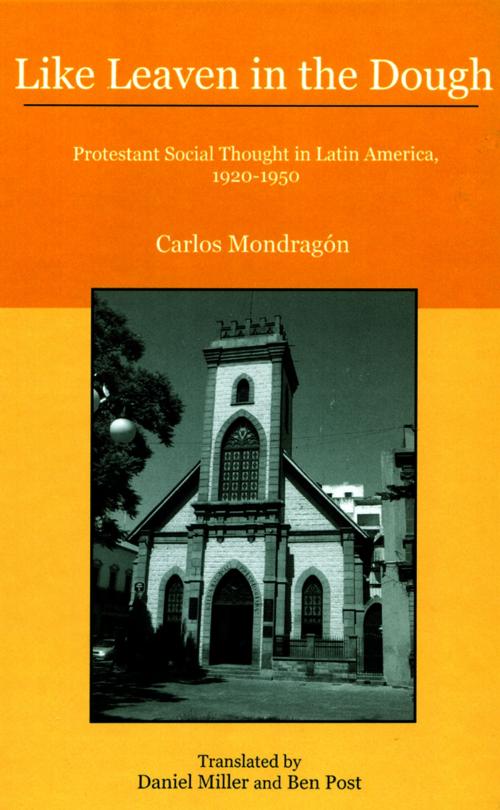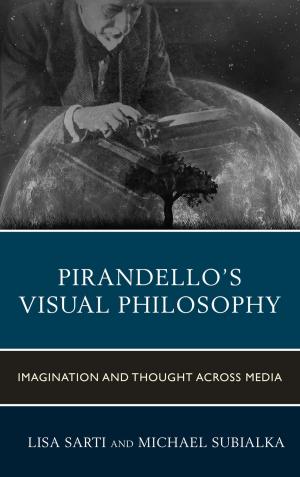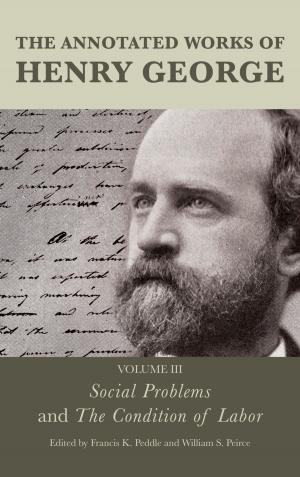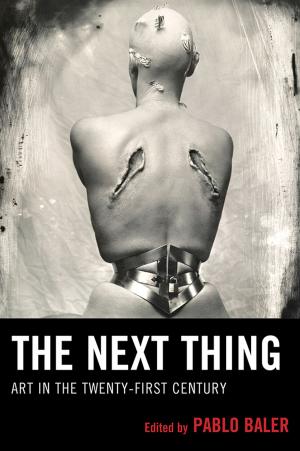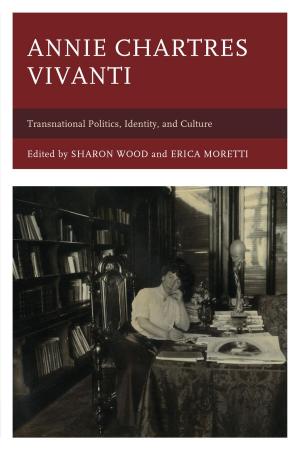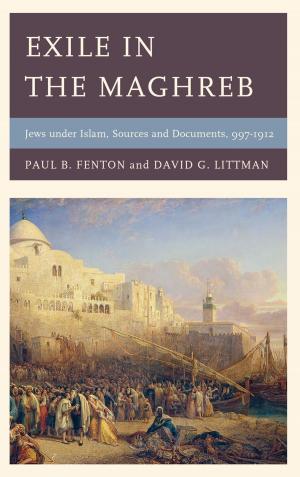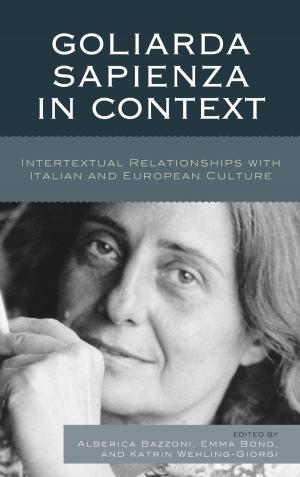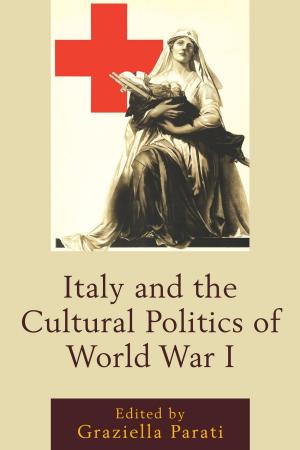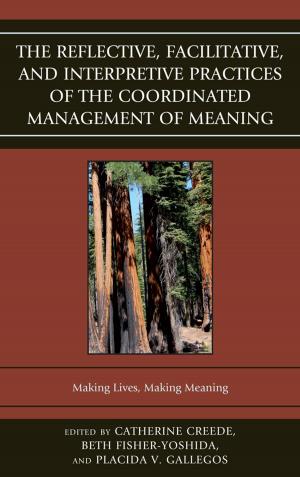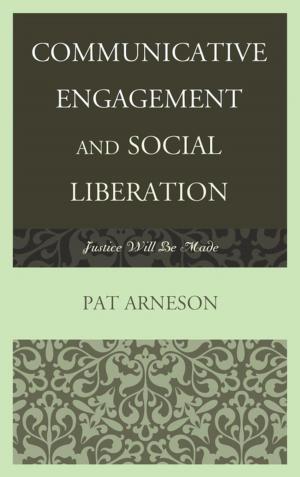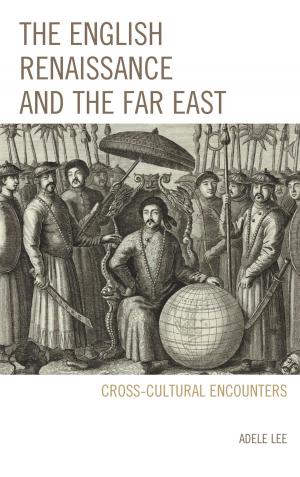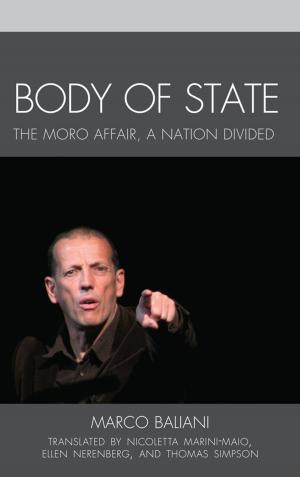Like Leaven in the Dough
Protestant Social Thought in Latin America, 1920–1950
Nonfiction, Religion & Spirituality, Christianity, Church, Church History| Author: | Carlos Mondragón | ISBN: | 9781611470574 |
| Publisher: | Fairleigh Dickinson University Press | Publication: | December 10, 2010 |
| Imprint: | Fairleigh Dickinson University Press | Language: | English |
| Author: | Carlos Mondragón |
| ISBN: | 9781611470574 |
| Publisher: | Fairleigh Dickinson University Press |
| Publication: | December 10, 2010 |
| Imprint: | Fairleigh Dickinson University Press |
| Language: | English |
In Like Leaven in the Dough: Protestant Social Thought in Latin America, 1920-1950, Carlos Mondragón, offers an introduction to the ideas of notable Protestant writers in Latin America during the first half of the twentieth century. Despite their national and denominational differences, Mondragón argues that Protestant intellectuals developed a coherent set of ideas about freedom of religion and thought, economic justice, militarism, and national identity. This was a period when Protestants comprised a very small proportion of Latin America's total population; their very marginality compelled them to think creatively about their identity and place in Latin American society. Accused of embracing a foreign faith, these Protestants struggled to define national identities that had room for religious diversity and liberty of conscience. Marginalized and persecuted themselves, Latin America's Protestants articulated a liberating message decades before the appearance of Catholic Liberation Theology.
In Like Leaven in the Dough: Protestant Social Thought in Latin America, 1920-1950, Carlos Mondragón, offers an introduction to the ideas of notable Protestant writers in Latin America during the first half of the twentieth century. Despite their national and denominational differences, Mondragón argues that Protestant intellectuals developed a coherent set of ideas about freedom of religion and thought, economic justice, militarism, and national identity. This was a period when Protestants comprised a very small proportion of Latin America's total population; their very marginality compelled them to think creatively about their identity and place in Latin American society. Accused of embracing a foreign faith, these Protestants struggled to define national identities that had room for religious diversity and liberty of conscience. Marginalized and persecuted themselves, Latin America's Protestants articulated a liberating message decades before the appearance of Catholic Liberation Theology.
